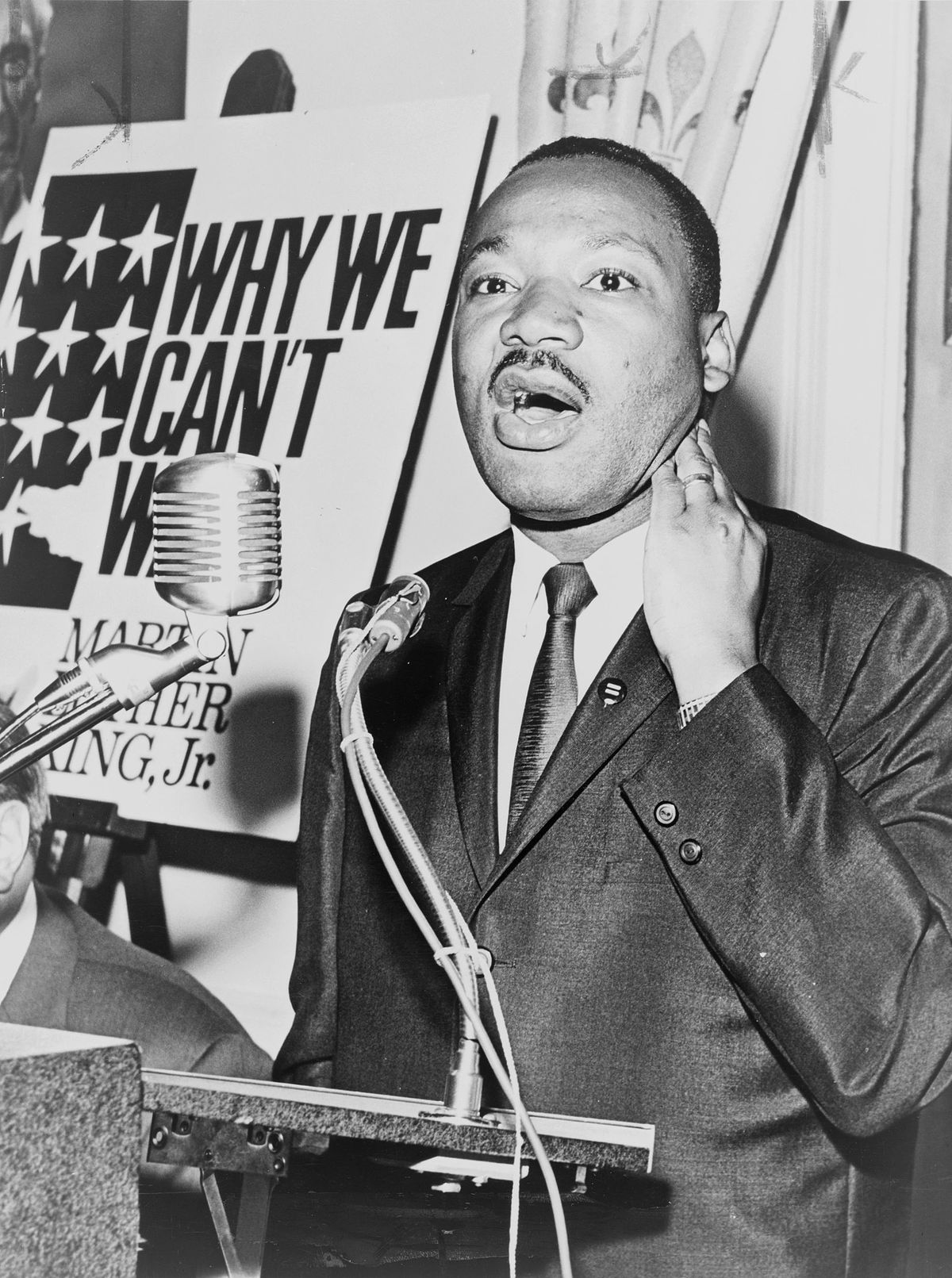APRIL 26, 2021 – Besides “fixing” the electoral system, Republicans want to “fix” school curricula critical of American history. Both initiatives are inherently racist—the former because its intended effect is suppression of Democratic Black voters; the latter because it seeks to downplay our record of racial injustice.
Republicans say it’s “unpatriotic” to criticize our history—a sentiment no more valid than a football coach claiming disloyalty when chastised by fans over his all-star team’s lousy record.
History is a dicey subject. Everyone approaches it from a perspective shaped by a host of factors—including straight-up ignorance. But for our country to live up to its stated ideals, each citizen must have an adequate grasp of the grand struggle over implementation of those ideals—a battle that shadows the present.
A central problem in our history has been the racial divide—first over slavery, then over equal protection under the law. The great hope among moderate whites has always been “time.” Counseling against both “inconvenient” disruption and outright violent forms of protests, white moderates throughout history have been all too fond of the word, “Wait.”
Over a half century ago, Martin Luther King, Jr. was advised to moderate when the movement he helped accelerate led to clashes with “order.” After he was jailed for disruption against segregation in Birmingham in 1963, highly esteemed and “enlightened” white clergy wrote an open letter counseling him . . . “to wait.”
Himself a man of the cloth, King was as gifted intellectually and refined educationally as the loftiest of the white ecclesiastics who lectured him self-righteously. But more important, he far surpassed them in moral clarity rooted in the very religious beliefs that defined his well-intentioned “advisors.”
Deprived of writing material while in solitary confinement, King used pens and scraps of newspaper delivered furtively by his lawyer. The imprisoned leader scribbled words on every empty margin, squeezing his thoughts between ads and news columns, with lines and arrows directing the way of his full reply to the word, “Wait.”
King’s lawyer carried the confetti-like message to King’s assistant, Wyatt Walker, who stitched it together. Published here and there, it didn’t win full attention until edited by King himself and published in his 1964 book, Why We Can’t Wait. It became known as Letter from Birmingham Jail.
The 7,000-word Letter is one of the greatest expressions of human mind, heart, and soul. In eloquence and moral clarity, it equals the work of St. Augustine. It should be required reading for every American citizen. A short excerpt reads,
[T]he Negro’s great stumblingblock is not the White Citizen’s Council-er or the Ku Klux Klanner, but the white moderate who is more devoted to “order” than to justice, who prefers a negative peace which is the absence of tension to a positive peace which is the presence of justice, who constantly says, “I agree with you in the goal you seek, but I can’t agree with your methods of direct action,” who paternalistically believes that he can set the timetable for another man’s freedom.
Q.E.D.
(Remember to subscribe to this blog and receive notifications of new posts by email.)
© 2021 by Eric Nilsson
